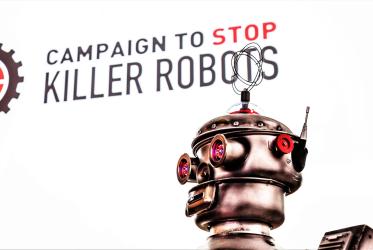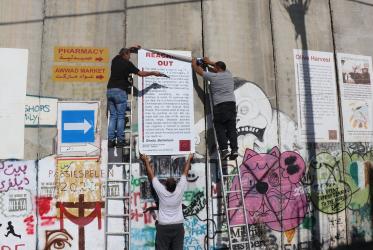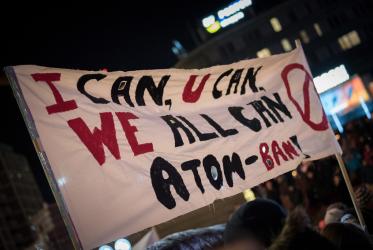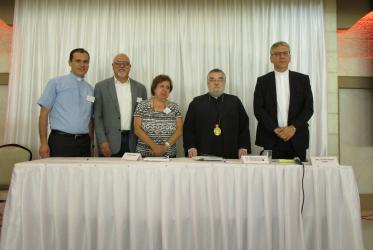At an International Peace Consultation on 20 June, the National Coalition of Christian Organizations in Palestine issued on open letter to the WCC and the ecumenical movement, stating, “There is still no justice in our land.” In today’s Palestine, discrimination and inequality, military occupation and systematic oppression are the rule, the letter states: “Today, we stand in front of an impasse and we have reached a deadlock. Despite all the promises, endless summits, UN resolutions, religious and lay leader’s callings – Palestinians are still yearning for their freedom and independence, and seeking justice and equality.”
21 June 2017







